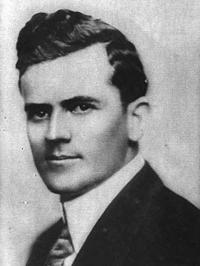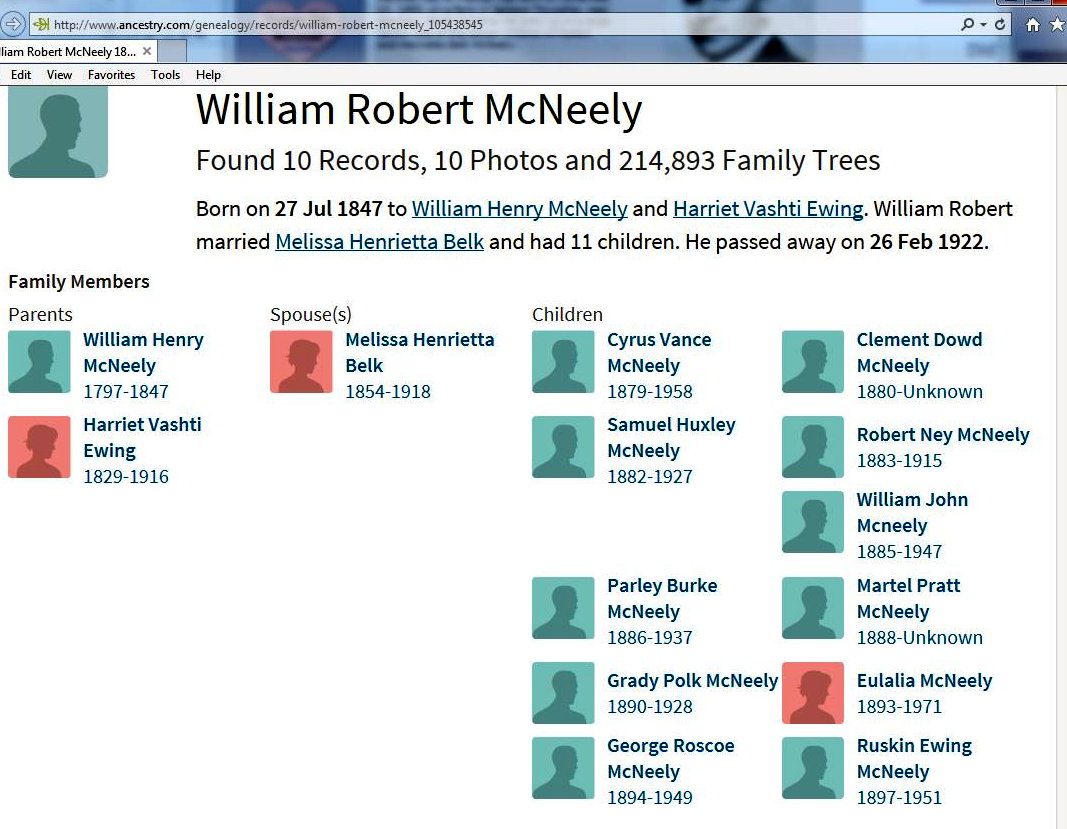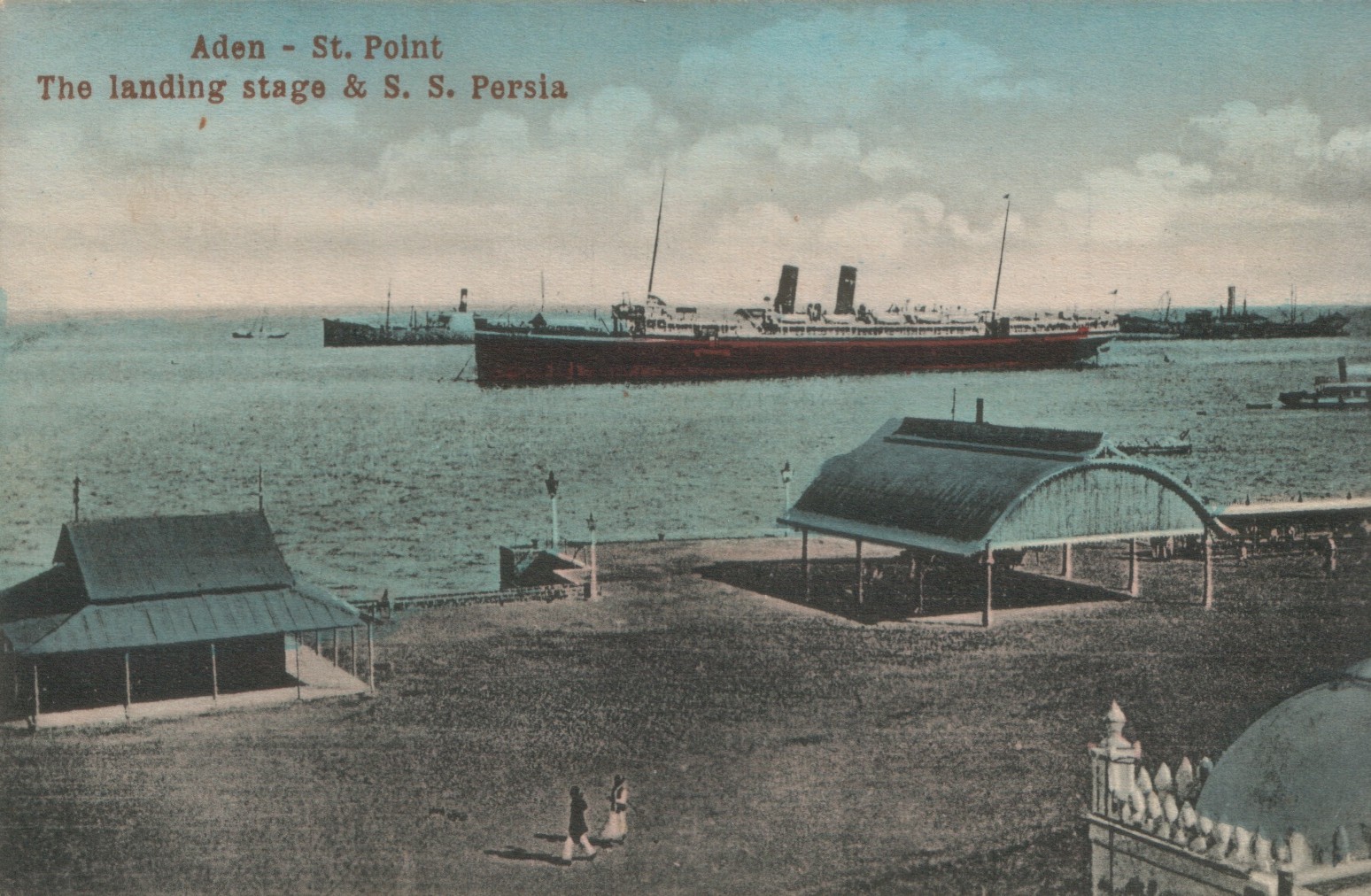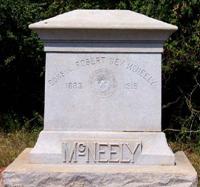McNeely worked as a school teacher from 1900-02 and as a rural mail carrier from 1903-05. McNeely studied law under Judge James C. MacRae and in 1907 was admitted to the bar at Monroe, North Carolina, where he began to practice law. He served as Monroe's City Clerk in 1907 and as the town's Treasurer in 1908. He served a term as a Representative in North Carolina's General Assembly from 1909-10 and was "interested in legislation affecting good roads and pure election law." On May 31, 1910, he received his Bachelor of Laws degree from the University of North Carolina. In 1914 he was elected to the North Carolina State Senate.
On January 25, 1915, McNeely took and passed the competitive examination for appointment to the Consular Service. In the spring of 1915 he became engaged to Wilma Whitacre of West Union, Iowa. Miss Whitacre was a singer with the Beulah Buck Quartet of Chicago, and had met McNeely during performances in North Carolina. The two were planning to wed in May of 1916 and to reside in Monroe, where McNeely was building a bungalow that would be their first home together. These plans changed suddenly when, on October 18, 1915, McNeely was appointed American Consul at Aden.
McNeely telegraphed Whitacre asking her to come East and marry him so that they could travel together to Aden. Although Whitacre wanted to pursue this course of action, her parents prevailed upon her to travel in May and marry McNeely in Aden. On November 27th, McNeely sailed from New York to Liverpool on the Holland liner Ryndam. He remained in London until December 18th when he departed aboard the British steamship Persia, which was scheduled to stop at Aden en route to India. He drowned when the Persia sank after being torpedoed by a German U-Boat off the coast of Crete.
McNeely worked as a school teacher from 1900-02 and as a rural mail carrier from 1903-05. McNeely studied law under Judge James C. MacRae and in 1907 was admitted to the bar at Monroe, North Carolina, where he began to practice law. He served as Monroe's City Clerk in 1907 and as the town's Treasurer in 1908. He served a term as a Representative in North Carolina's General Assembly from 1909-10 and was "interested in legislation affecting good roads and pure election law." On May 31, 1910, he received his Bachelor of Laws degree from the University of North Carolina. In 1914 he was elected to the North Carolina State Senate.
On January 25, 1915, McNeely took and passed the competitive examination for appointment to the Consular Service. In the spring of 1915 he became engaged to Wilma Whitacre of West Union, Iowa. Miss Whitacre was a singer with the Beulah Buck Quartet of Chicago, and had met McNeely during performances in North Carolina. The two were planning to wed in May of 1916 and to reside in Monroe, where McNeely was building a bungalow that would be their first home together. These plans changed suddenly when, on October 18, 1915, McNeely was appointed American Consul at Aden.
McNeely telegraphed Whitacre asking her to come East and marry him so that they could travel together to Aden. Although Whitacre wanted to pursue this course of action, her parents prevailed upon her to travel in May and marry McNeely in Aden. On November 27th, McNeely sailed from New York to Liverpool on the Holland liner Ryndam. He remained in London until December 18th when he departed aboard the British steamship Persia, which was scheduled to stop at Aden en route to India. He drowned when the Persia sank after being torpedoed by a German U-Boat off the coast of Crete.
Family Members
-
![]()
Cyrus Vance McNeely
1879–1958
-
![]()
Clement Dowd McNeely
1880–1961
-
![]()
Samuel Huxley McNeely
1882–1927
-
![]()
William John Belk McNeely
1885–1947
-
![]()
Parley Burke McNeely
1886–1937
-
Martel Pratt McNeely
1888–1956
-
![]()
Addie Lenora Eulalia McNeely Jones
1892–1971
-
![]()
Grady Polk McNeely
1892–1928
-
![]()
George Roscoe McNeely
1894–1949
-
![]()
Ruskin Ewing McNeely
1897–1951
Sponsored by Ancestry
Advertisement
Advertisement




















